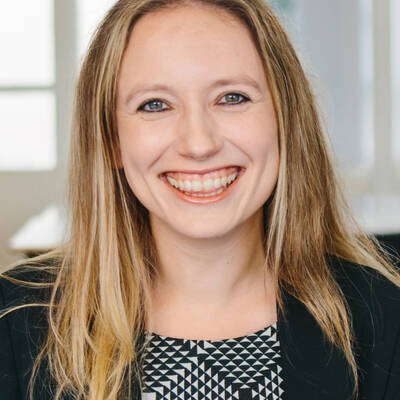
Head of Department
Mrs. Jennifer Turner
Head of English

English Language & Literature helps pupils to develop their subject expertise by engaging creatively and critically with a wide range of texts.
Using literary and linguistic concepts and methods, pupils analyse literary and non-literary texts in a range of modes and genres, in the process gaining insights into the nature of different discourses and ideas about creativity. Pupils develop skills as producers and interpreters of language by creating texts themselves and critically reflecting on their own processes of production.
The topics and titles of the subject content clearly signpost the key areas of study and separate the content both logically and distinctively. ‘Views and Voices’ focuses on how and why views and perspectives of different kinds are shaped and used in narratives, and how language choices help to shape the representations of different worlds and perspectives. ‘People and Places’ retains this focus on language choices (which pervades the specification) but looks at how these choices help to shape the representations of a place, along with different perspectives.
Literary texts are defined as those that are drawn from the three main literary genres of prose fiction, poetry, and drama. ‘Non-literary’ is an overarching term that describes more than simply non-fiction. It includes non-fiction but also texts and data that are not formally published and marketed – for example, personal letters, spontaneous speech, multimedia texts. Non-literary texts do not have to occur in continuous prose: they can be charts and diagrams, transcripts, lists.
AS Paper 1: Views and Voices
Written examination: 1.5 hours
AS Paper 2: People and Places
Written examination: 1.5 hours
A2 Paper 1: Telling Stories
Written examination: 3 hours
A2 Paper 2: Exploring Conflict
Written examination: 2.5 hours
A2 Coursework: Making Connections
Personal investigation: 2500-3000 words

Head of Department
Mrs. Jennifer Turner
Head of English